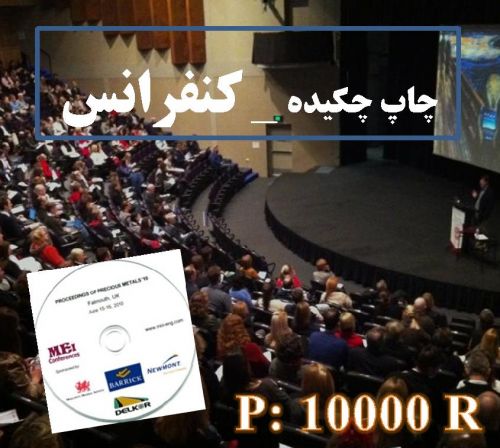BACKGROUND MicroRNAs control the genes involved in hematopoietic stem cell (HSCs) survival, proliferation and differentiation. The over-expression of miR-146 and miR-150 has been reported during the differentiation of HSCs into T-lymphoid lineage. Therefore, in this study, we evaluated the effect of their over-expression on CD133+ cell differentiation to T cells. METHODS miR-146a and miR-150 were separately and jointly transduced to human cord blood-derived CD133+ cells (˃97 % purity). We used qRT-PCR to assess the expression of CD2, CD3e, CD4, CD8, CD25, T cell receptor alpha (TCR-a) and Ikaros genes in differentiated cells 4 and 8 days after transduction of the miRNAs. RESULTS Following the over-expression of miR-146a, significant up-regulation of CD2, CD4, CD25 and Ikaros genes were observed (P˂0.01). On the other hand, over-expression of miR-150 caused an increase in the expression of Ikaros, CD4, CD25 and TCR-a. To evaluate the combinatory effect of miR-146a and miR-150, the transduction of both miRNAs was concurrently performed that led to an increase in the expression of Ikaros, CD4 and CD3 genes. CONCLUSTION In conclusion, it seems that the effect of miR-150 and miR-146a on the promotion of T cell differentiation is time-dependant. Moreover, miRNAs could be used either as substitutes or complements of the conventional differentiation protocols for higher efficiency.
کلید واژگان :Hematopoietic Stem Cells, MicroRNA, T-cells
ارزش ریالی : 200000 ریال
با پرداخت الکترونیک
جزئیات مقاله
- کد شناسه : 7154275133377305
- سال انتشار : 2015
- نوع مقاله : چکیده مقاله پذیرفته شده در کنفرانس ها(فایل کامل مقاله بارگزاری گردد)
- زبان : انگلیسی
- محل پذیرش : The 3rd International Congress of Transfusion Medicine, Evidence-Based Use of Blood Components and Plasma Derived Medicines
- برگزار کنندگان : سازمان انتقال خون ایران
- تاریخ ثبت : 1397/08/30 01:32:13
- ثبت کننده : نرگس عبیدی
- تعداد بازدید : 208
- تعداد فروش : 0
